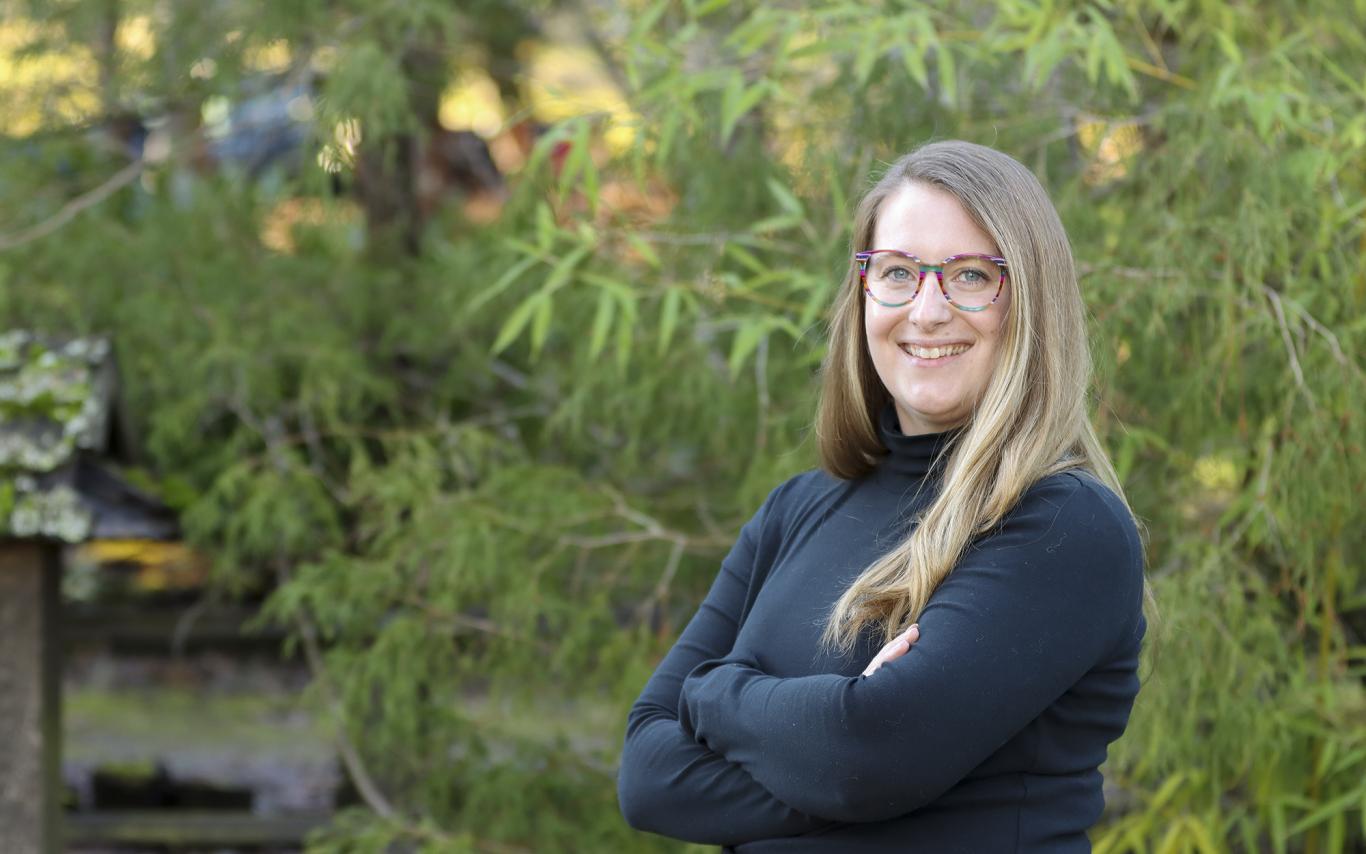Dr. Karissa Patton shares her story
Dr. Karissa Patton’s journey as a historian of gender, health and activism began as an undergrad student when she learned that contraception was criminalized in Canada and other countries in the past.
“I was a young woman and I just took for granted that I had access to birth control,” says Karissa. “I wanted to learn more about activism around birth control and reproductive rights.”
Karissa now works as a post-doctoral fellow at Vancouver Island University under the mentorship of Dr. Whitney Wood, VIU’s Canada Research Chair in the Historical Dimensions of Women’s Health.
“It seemed like a good fit for me to come work at VIU with this renowned researcher on this topic,” says Karissa. “I think a post-doc is a unique experience because it is so focused on research and you get the opportunity to just have a focused year or two years to publish and wrap things up.”
Working under the mentorship of Wood has been an amazing experience, says Karissa.
“She is a fantastic mentor and has a lot of connections,” she says. “She’s ambitious, creative and has exciting visions for her future research. It’s inspiring working with her and collaborating on some of this research."
Karissa says it is also a time to start new things and connect with people outside your network of scholars. She hopes to get on the tenure track one day and says the post-doc provides valuable experience.
“I love teaching and I love research, so being in a space where I can do both of those things would be great,” she says. “I have some plans for the future like a comparative examination of women’s activism to fill health policy gaps at the end of the 20th century.”
Karissa completed a Bachelor of Arts and Master of Arts in history at the University of Lethbridge and a PhD in History at the University of Saskatchewan. She is currently conducting both independent and collaborative research during her time at VIU and is working on writing a book based on her PhD research. For her independent research project, Karissa is examining archival material and doing interviews with activists who were involved in an Indigenous Women’s organization in Alberta in the 1970s.
She is also working with Wood to examine feminist health and feminist activism from the 1970s to 90s. She is working with organizations such as the Vancouver Women’s Health Collective. This builds on her PhD research where she examined birth control centres in southern Alberta in the 1970s.
Karissa says there is sometimes a binary view when it comes to contemporary medicine and alternative medicine.
“This research is showing that they go hand-in-hand. It’s more about empowerment than anti-medicine. This research can inform our contemporary lives and discourses,” she says.




